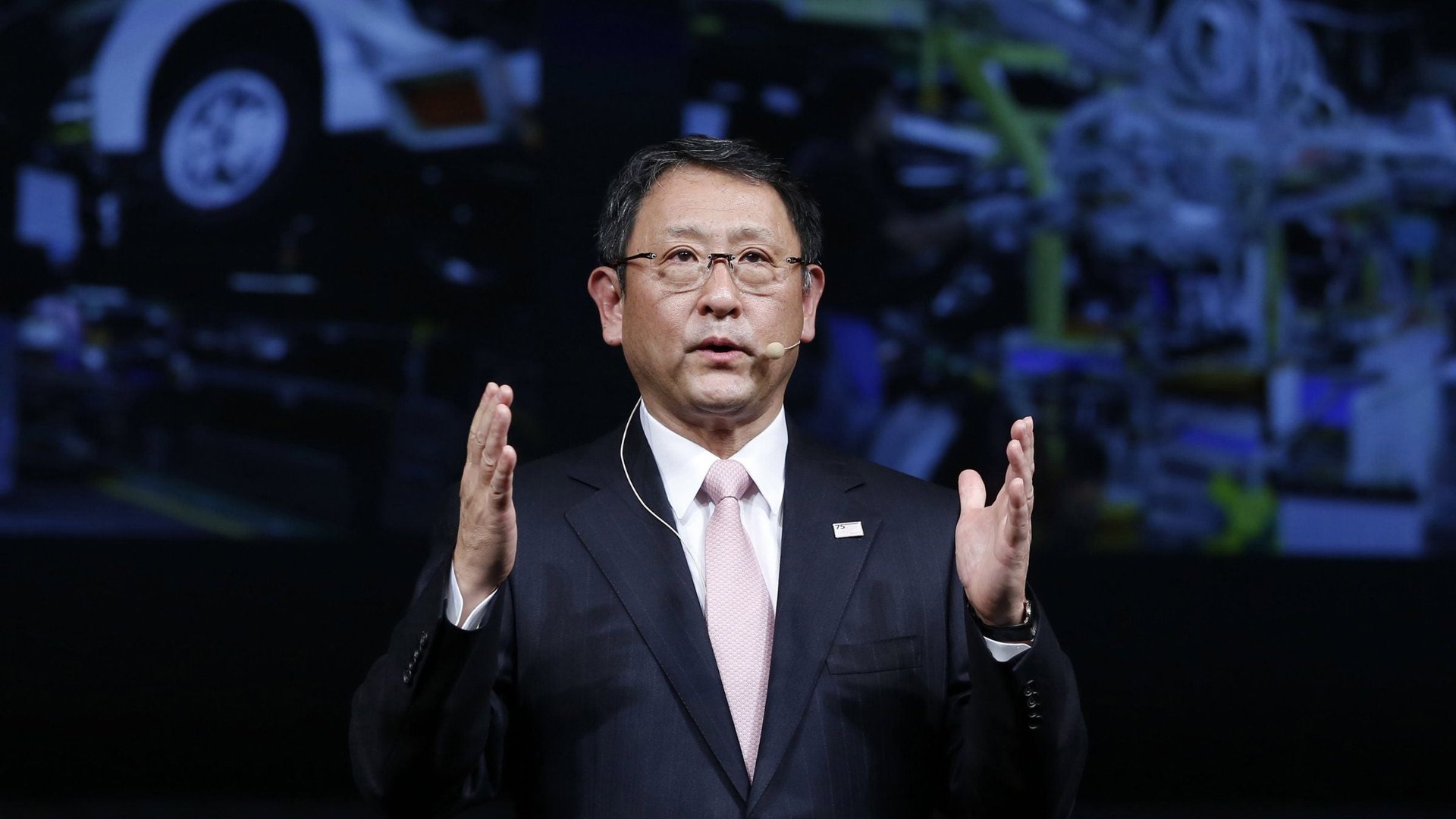Japan’s top companies are giving workers their first pay raise in years—but it’s not enough
Japanese workers at some of the world’s largest manufacturers are getting their first pay raise (paywall) since 2008. Toyota, Honda, and Toshiba announced average base pay increases of ¥2,700 ($26), lending support to prime minister Shinzo Abe’s campaign to encourage consumer spending. Workers at Toyota will also get an annual bonus of ¥2.44 million, equivalent to about seven months’ pay.


Japanese workers at some of the world’s largest manufacturers are getting their first pay raise (paywall) since 2008. Toyota, Honda, and Toshiba announced average base pay increases of ¥2,700 ($26), lending support to prime minister Shinzo Abe’s campaign to encourage consumer spending. Workers at Toyota will also get an annual bonus of ¥2.44 million, equivalent to about seven months’ pay.
The increase–the result of annual negotiations between companies and unions, also known as shunto—comes after Japanese wages have been falling for over a decade. And despite Abe’s stimulus measures, domestic spending is still weak.
The bad news is that the increase won’t be enough to counteract the effects of higher sales taxes (8% versus 5%) that kick in next month. “It’s impossible for wage hikes to totally offset the impact of the sales tax hike,” Hisashi Yamada, chief economist at the Japan Research Institute, told Reuters.
Another risk is that major carmakers, after raising base pay, will spend less on their suppliers and thus depress wages for those workers instead. Moreover, thousands of workers at smaller Japanese companies are seeing less generous compensation than Toyota is offering. Experts estimate that overall base pay at companies, when accounting for smaller firms, will rise just 1%.